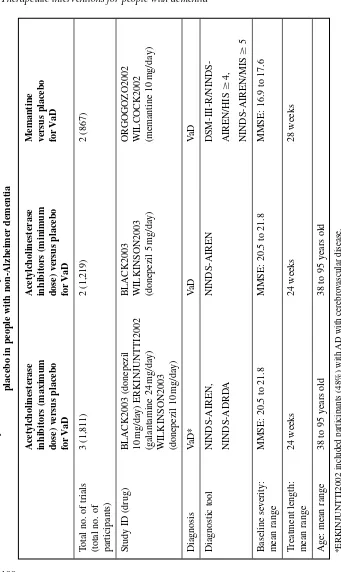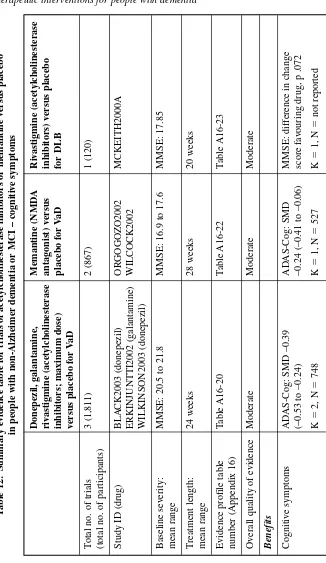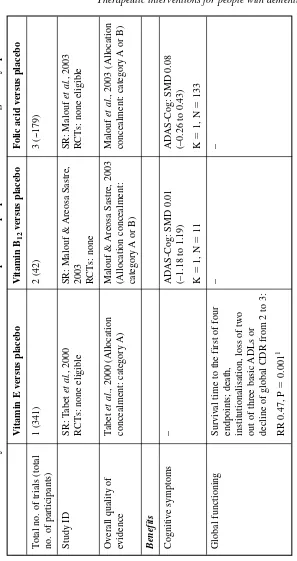Dementia A NICE–SCIE Guideline on supporting people with dementia and their carers in health and social care
Full text
Figure

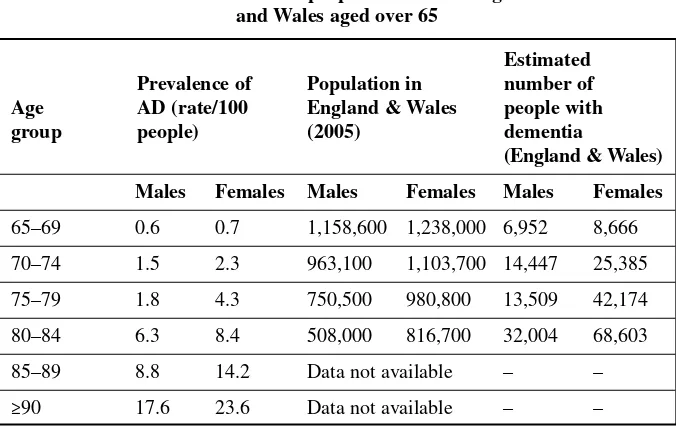
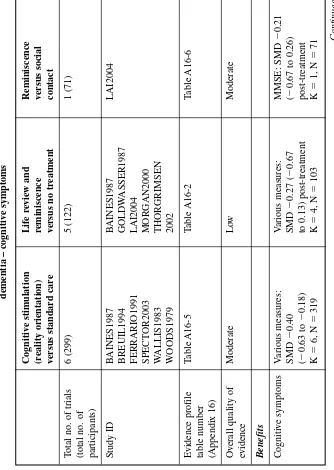
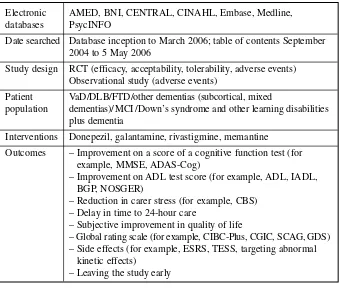
Outline
Related documents
Some people with dementia, and many family carers, report that services (such as care at home, day center care, or support in long-term care facilities) are anything
Although the needs of South Asian carers are similar to those of white carers, they face additional difficulties negotiating access to primary care services because of language
Results: From 84 studies involving 389 people with dementia and 1864 carers, five themes were identified: avoiding dehumanising treatment and care (remaining connected,
2011 Person-Centred Dementia Care and Environment (PerCEN): Study protocol of a cluster randomised controlled group trial of client and care outcomes in the residential dementia
It focuses on the use of a participatory social network mapping tool to enable carers of people living with dementia to articulate and reflect on their relationships with others
The proposed study aims to qualitatively explore how carers of people with dementia construct their identity within face-to-face support groups and what this identity, including
Some carers are not counted for council tax if they are living with and caring for a person with dementia who is on the higher rate of attendance allowance or disability
The Standards of Care for Dementia in Scotland state that people with dementia and their carers have the right to full participation in care needs assessment, planning, deciding
